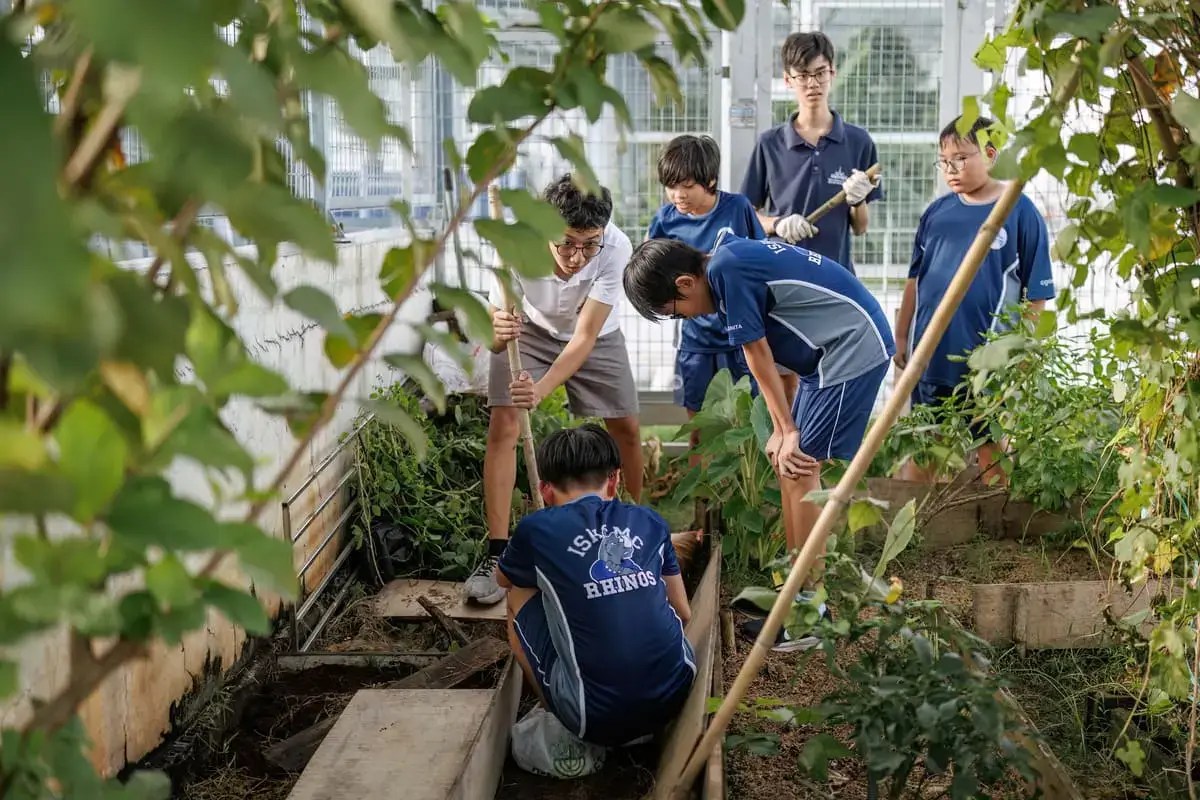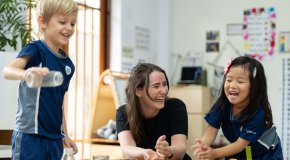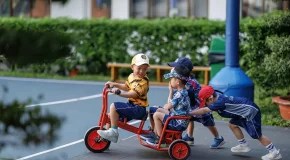20 Sustainability Project Ideas For Schools That Work
Sustainability prepares students to think critically, solve real problems, and succeed in a rapidly changing world. Schools have the unique opportunity to help students become responsible, resourceful, and compassionate citizens by turning sustainability from a topic into a daily practice.
These 20 sustainability project ideas are designed for classrooms that want to move from theory to action. They help students apply their learning meaningfully while encouraging leadership, empathy, and creativity.
1. Reusable Supply Kits
Encourage students to bring classroom kits that include refillable pens, eco-friendly folders, and reusable tools. Assign supply monitors who regularly check the use of disposable items. This initiative helps students take responsibility for their own consumption and gives them a sense of ownership over classroom routines.
2. No Paper Challenge
Host a digital learning week where students complete all work using tablets or computers. Replace printed worksheets with online collaborative tools and project-based presentations. This approach reduces paper use and enhances digital skills that students will use well beyond the classroom.
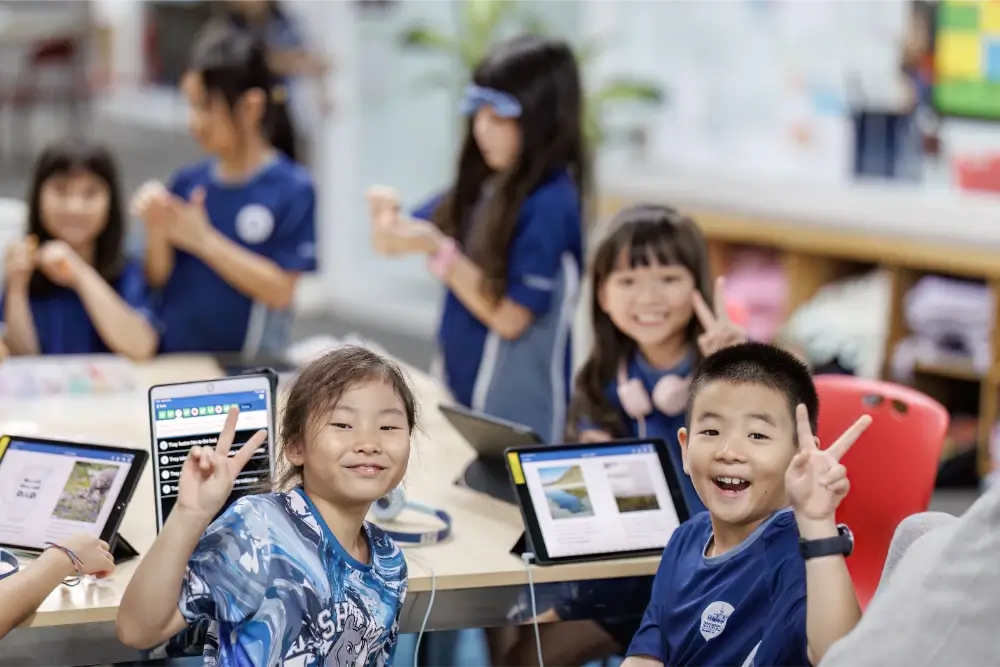 ISHCMC integrates technology across all grade levels, students in Grade 6 and above use MacBooks, and younger learners work with iPads to build responsible, future-ready tech habits.
ISHCMC integrates technology across all grade levels, students in Grade 6 and above use MacBooks, and younger learners work with iPads to build responsible, future-ready tech habits.
3. Energy Monitor Teams
Create student teams who monitor classroom electricity usage. They track lights, fans, air conditioners, and devices, and present their observations with suggested actions. Schools that focus on real-world learning, like ISHCMC, use this activity to build stronger awareness and develop students’ self-management skills.
4. Plastic Free Lunch Days
Dedicate one day a week where students pack their meals in reusable containers without single-use plastics. Involve the school canteen in offering plastic-free lunch options and create a leaderboard to track class participation. Students start to recognize how their food habits impact the environment.
5. Class Recycling Stations
Place separate bins in each classroom for paper, plastic, and organic waste. Let student teams take turns managing the bins and teaching classmates how to sort correctly. This simple routine helps students turn everyday habits into meaningful action.
6. Upcycling Art Projects
Collect waste materials and let students create functional or decorative art from them. Encourage them to present their work with explanations of the environmental value behind the project. This activity integrates sustainability into creative expression and builds pride in conscious design.
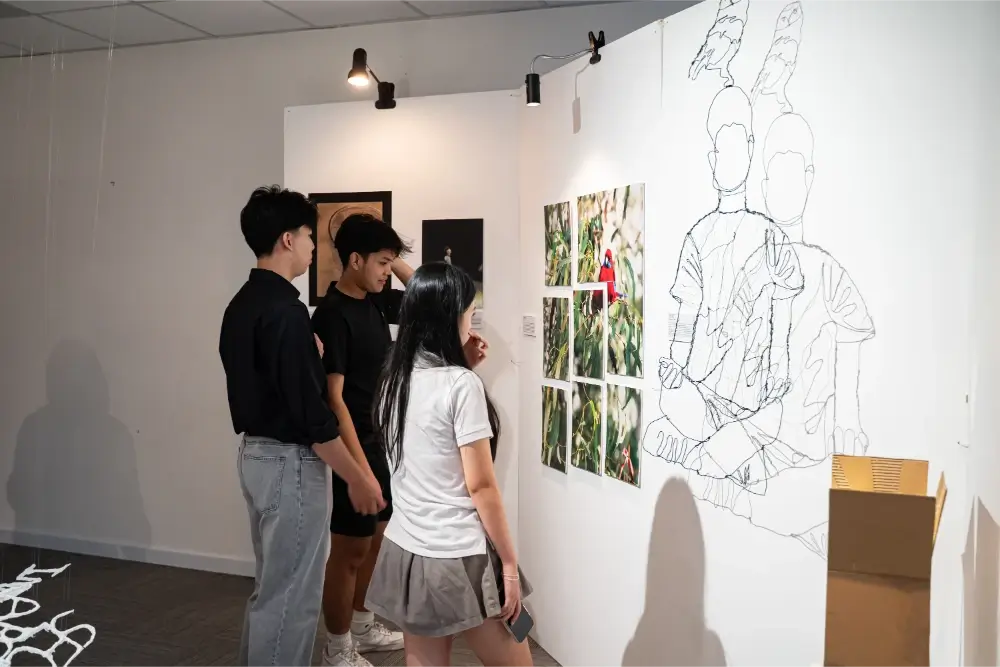
ISHCMC’s transdisciplinary approach in the Primary Years Programme (PYP) helps students connect environmental themes with creativity and innovation.
7. School Garden Club
Use raised beds, window sill pots, or vertical gardens to grow herbs or vegetables. Assign students to manage watering, measure growth, and prepare mini-harvest reports.
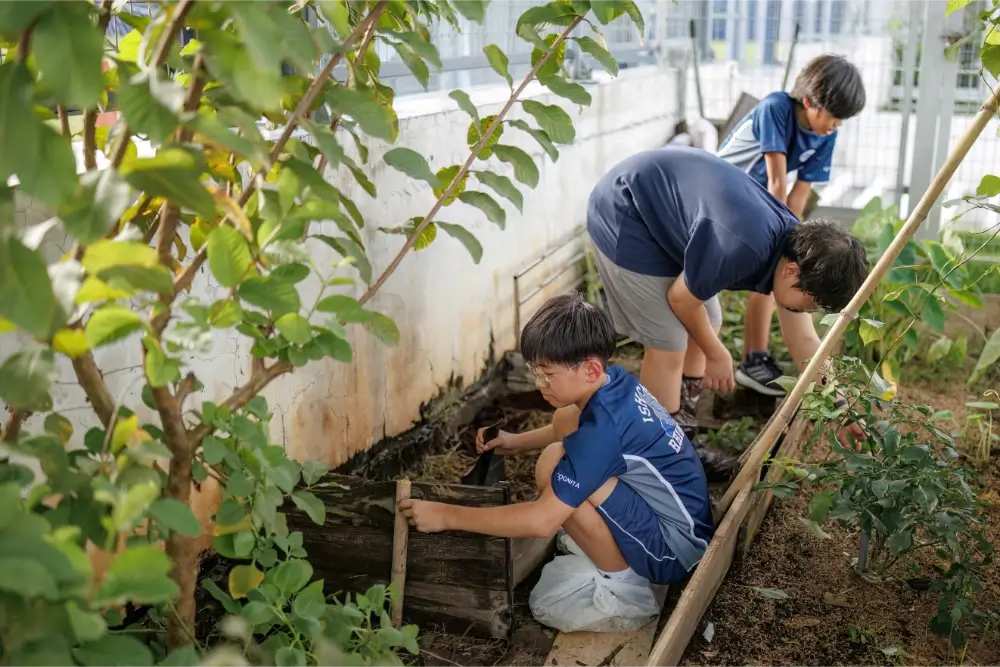
These projects help students understand food cycles and develop responsibility through care. Gardening fits naturally within ISHCMC’s whole child education model, where students are encouraged to explore food systems and develop long-term habits rooted in care and curiosity.
8. Composting Program
Teach students how to compost food scraps collected during lunch or snack breaks. Explain the science of composting and let students observe how organic material breaks down. Use the compost to enrich classroom plants or school gardens to close the loop.
9. Sustainability Posters
Ask students to create posters that raise awareness about topics like water conservation or energy use. Display their work around the school. This builds communication skills and gives students a public voice in shaping school culture.
10. Eco-Friendly Fashion Show
Organize a student fashion show featuring clothing designed from recycled materials. Students present their pieces and explain the environmental message behind them. This project sparks creativity and helps students reimagine waste as a resource.
11. Green Assembly Week
Dedicate a week to daily assemblies focused on environmental topics. Let students lead presentations, share reflections, or invite guest speakers. Activities like this help build confidence, deepen subject understanding, and make sustainability a visible part of school life.
12. Local Clean Up Days
Plan a cleanup of nearby streets, playgrounds, or school surroundings. Provide gloves and reusable bags, and let students reflect on what they find. Students become more mindful of litter and pollution through first-hand observation and direct impact.

ISHCMC builds social responsibility and action through the Creativity, Activity, Service (CAS) program in the Diploma Programme and actively models these values across all younger year levels.
13. Eco-Themed Podcasts
Guide students through creating short podcasts where they discuss sustainability issues, interview local changemakers, or share ideas for greener habits. Podcasting builds research, writing, and speaking skills while helping students explore complex topics.
14. Digital Storytelling Projects
Use video tools or digital slideshows to tell environmental stories. Students can document their own sustainability journey, interview their families, or raise awareness about local issues. These projects help students develop media literacy and empathy.

15. Reuse and Donate Drives
Students can gather gently used uniforms, books, and supplies to give them a second life. After sorting and preparing the donations, they can reflect on the impact of sharing. As they participate in these activities, they begin to value generosity and develop a deeper respect for the resources they use.
16. Nature Journaling
Take students outdoors to observe plants, weather, and animal life. Encourage them to sketch, describe, and reflect in journals. Regular practice sharpens observation and fosters appreciation for the natural world.
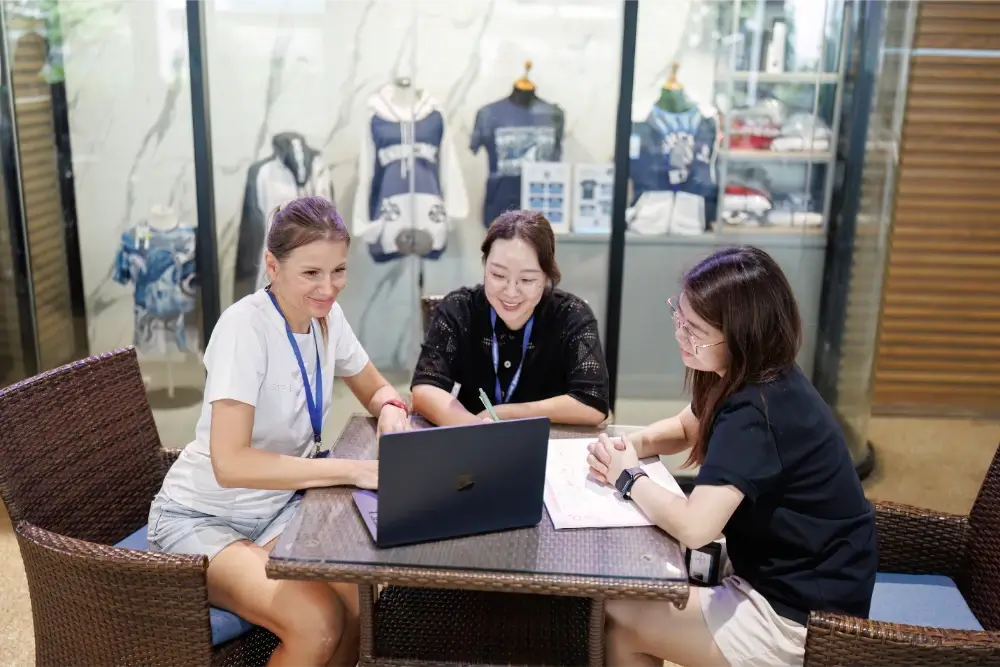
Teachers guide them to connect these reflections across science, language, and art. Nature journaling fuels curiosity and helps our students see learning in every detail of the world around them.
17. Zero Waste Day Campaigns
Challenge the school community to produce zero waste for one full day. Students plan the event, promote it, and record how much waste was avoided. They present their findings and recommend long-term changes. This is a strong entry point for student leadership.
18. Student-Led Surveys
Teach students to create and run surveys about habits such as recycling, energy use, or food waste. They present the results and offer realistic improvement plans. This sharpens data interpretation and allows them to connect learning with measurable action.
19. Parent Student Eco Fair
Invite families to showcase their own sustainability practices at school. They can present reusable products, home composting setups, or water-saving solutions. Students lead the event and engage with parents and peers, building strong community ties around shared values.
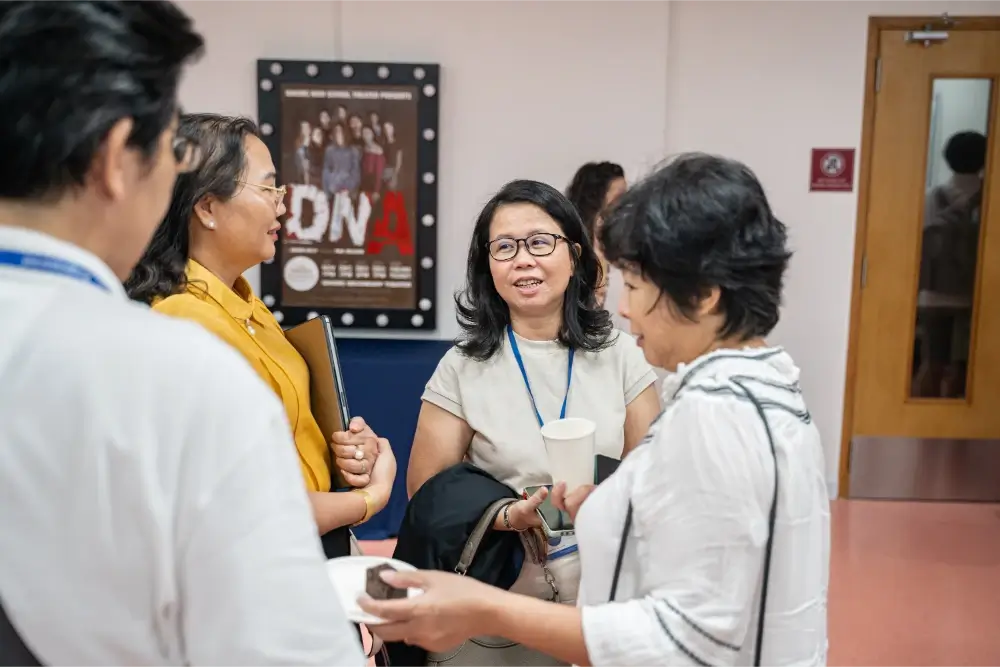
20. Global School Collaboration
Partner with schools in different countries to share sustainability practices. Students can exchange digital presentations, host video calls, or co-create projects that promote environmental learning. This builds intercultural understanding and highlights global citizenship.
Shaping Future Leaders Through Everyday Action
Sustainability projects help students build confidence, critical thinking, and a sense of purpose. These initiatives turn classrooms into dynamic learning spaces where students learn through meaningful contributions to the world around them.
The International School of Ho Chi Minh City (ISHCMC) integrates sustainability into every level of education. Students develop into thoughtful leaders by engaging in inquiry-based learning and taking action through real-world projects.
Apply today to ISHCMC and help your child become a changemaker prepared for the future.

